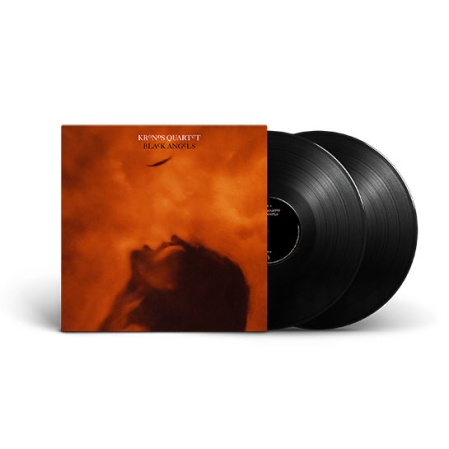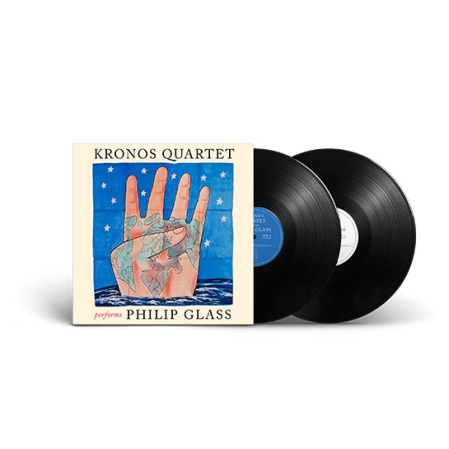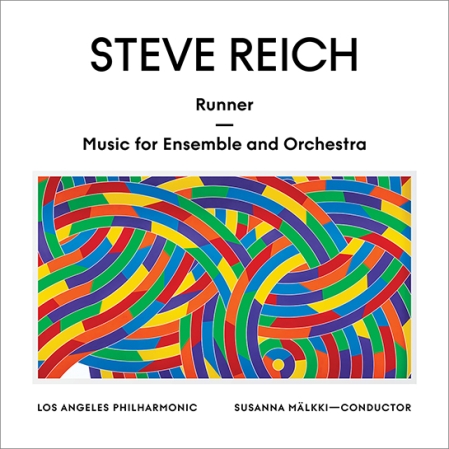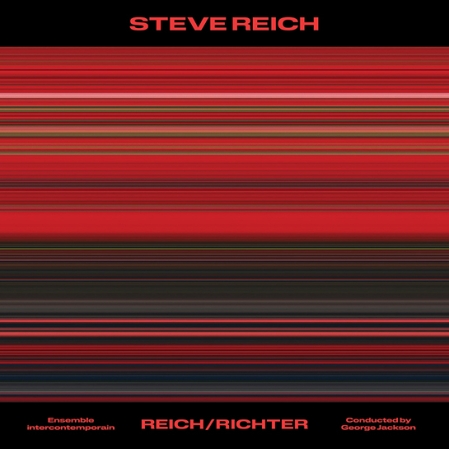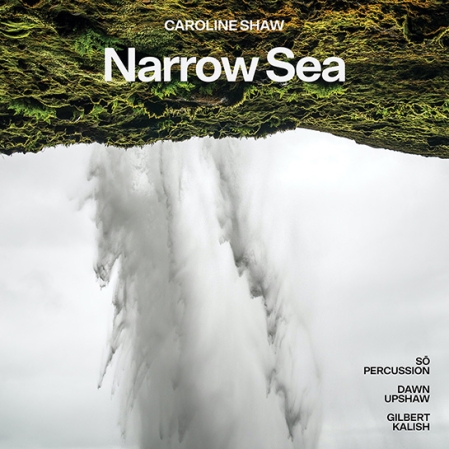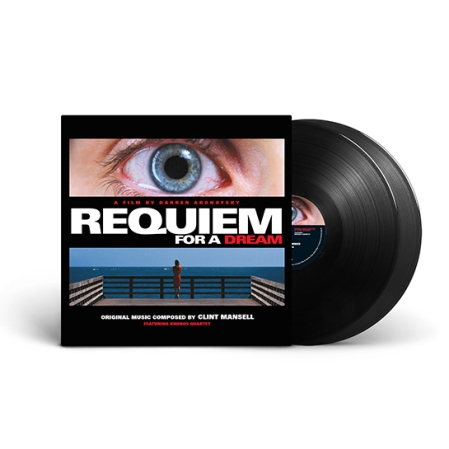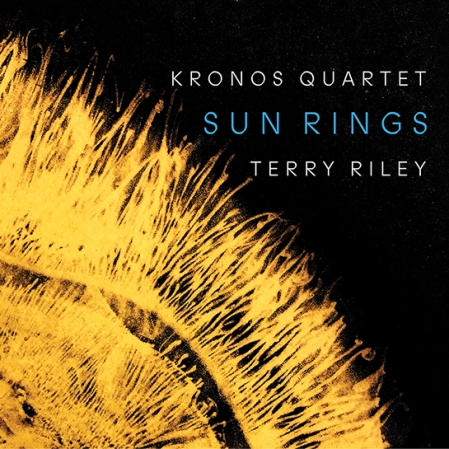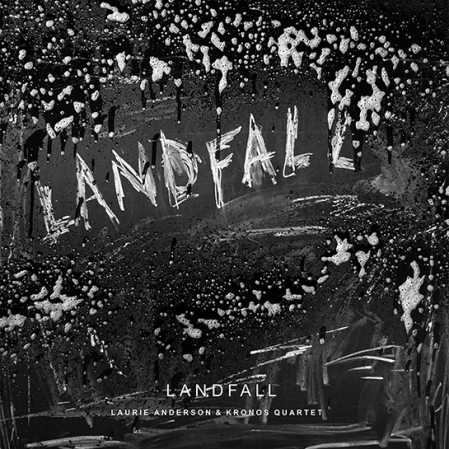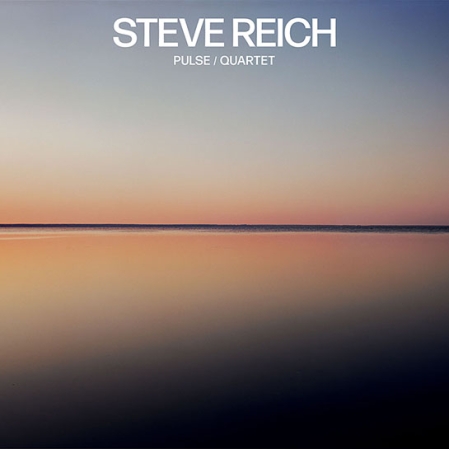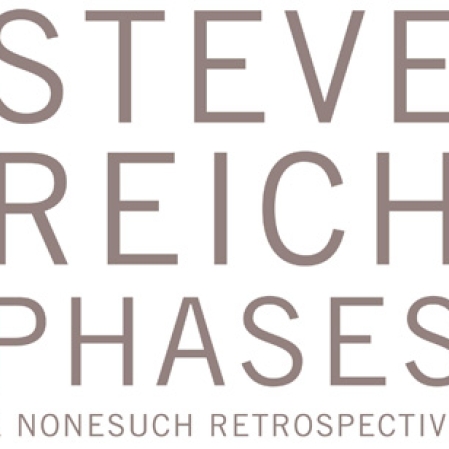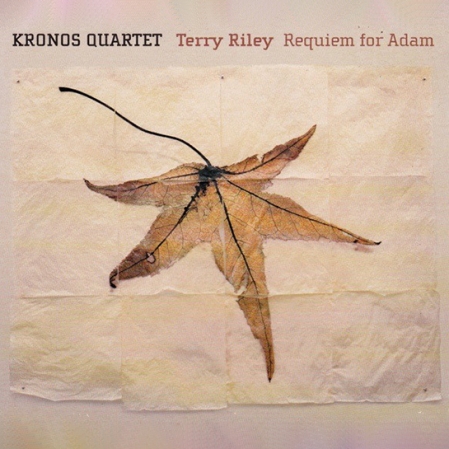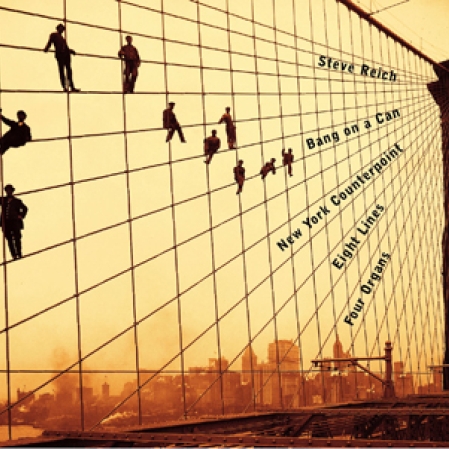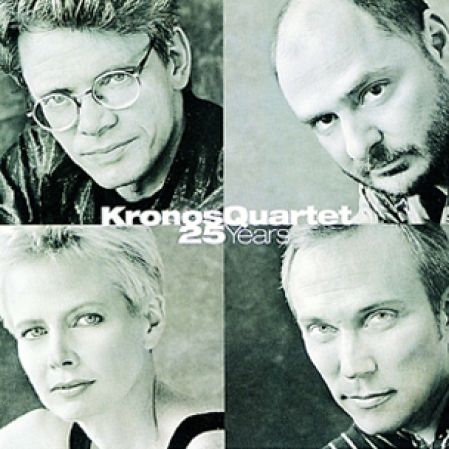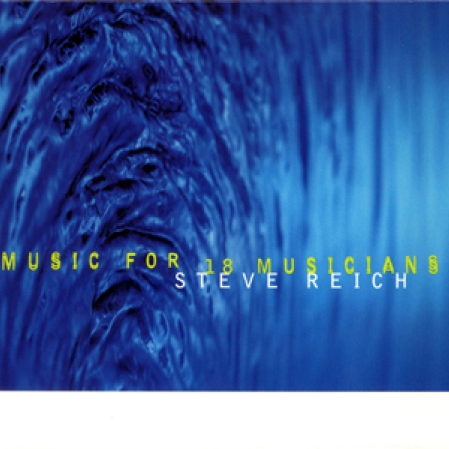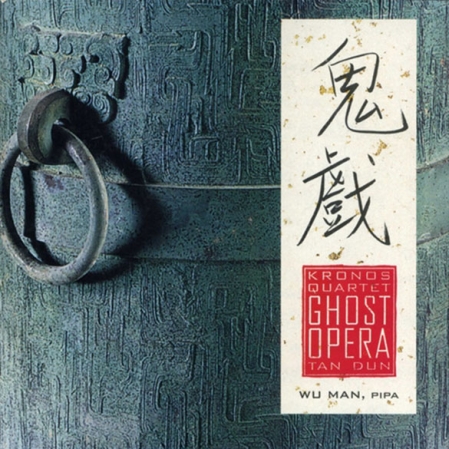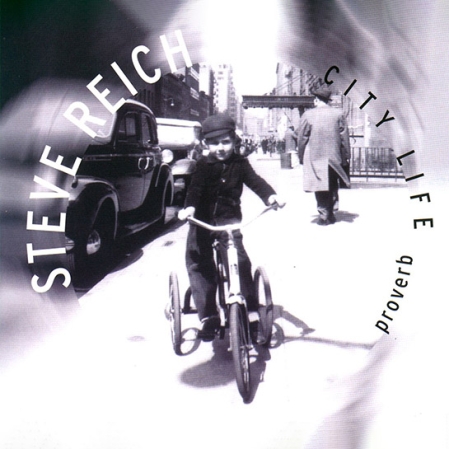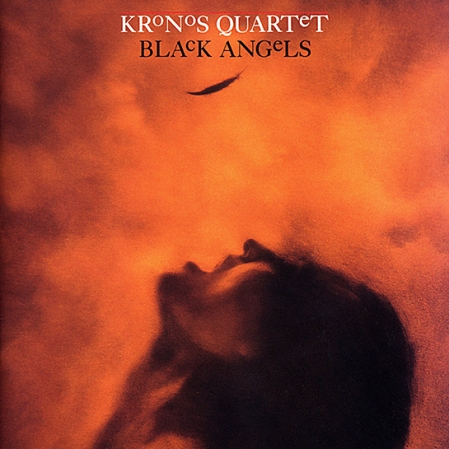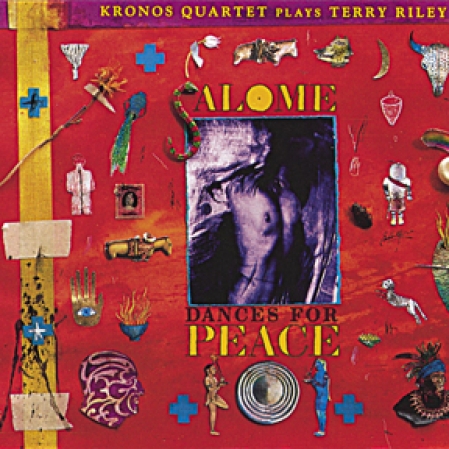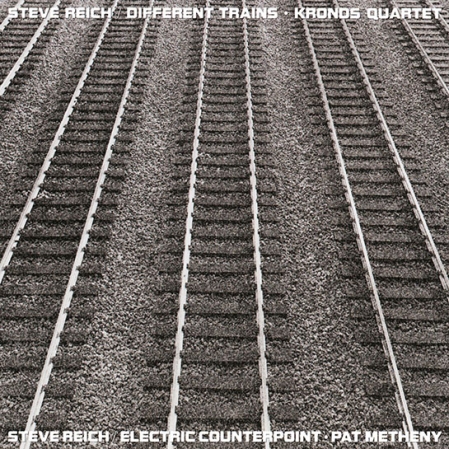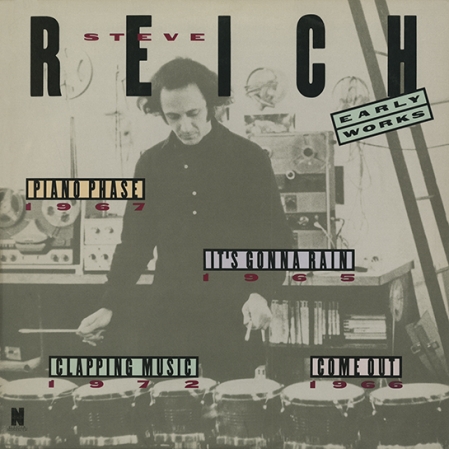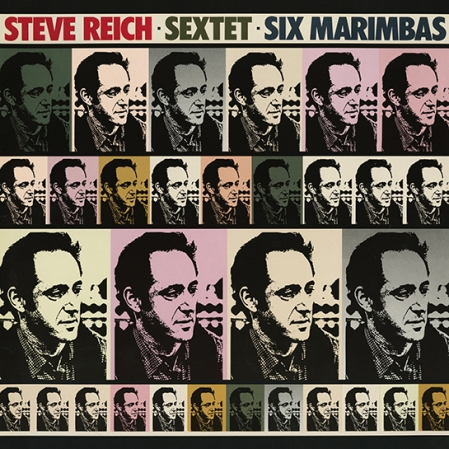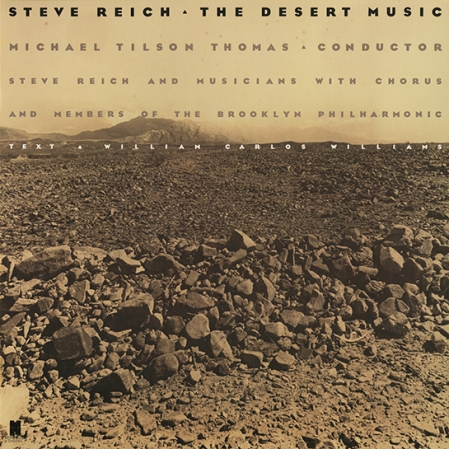WTC 9/11, Reich's reflection on the 2001 World Trade Center attacks, is scored for three string quartets, performed by Kronos Quartet, and pre-recorded voices, including NORAD air traffic controllers, first responders, and women who kept vigil over the dead. The New Yorker says the piece is "indicative of the undiminished powers of a great American artist." The album also includes Reich’s Mallet Quartet, performed by Sō Percussion, and Dance Patterns, featuring members of Steve Reich and Musicians, plus a DVD with a live performance of Mallet Quartet.
Nonesuch releases Pulitzer Prize–winning composer Steve Reich’s WTC 9/11 on September 20, 2011. The album marks the 10th anniversary of the terrorist attacks on the World Trade Center, which is the subject of Reich’s piece. Commissioned for and recorded by Kronos Quartet, WTC 9/11 is scored for three string quartets and pre-recorded voices. The album also includes Reich’s Mallet Quartet, performed by Sō Percussion, and Dance Patterns, featuring members of Steve Reich and Musicians, as well as a DVD with a live performance of Mallet Quartet by Sō Percussion.
WTC 9/11 (2010) reflects on the World Trade Center attacks of September 11, 2001, when Reich and his family lived only four blocks away from the site of the tragedy. “On 9/11 we were in Vermont, but our son, granddaughter, and daughter-in-law were all in our apartment. Our phone connection stayed open for six hours and our next-door neighbors were finally able to drive north out of the city with their family and ours. For us, 9/11 was not a media event,” the composer says.
The piece is scored for three string quartets; Kronos recorded all three parts for the album. WTC 9/11 also uses pre-recorded voices, the speakers’ final vowels and consonants elongated in a stop-motion sound technique that Reich says is the “means of connecting one person to another—harmonically.” Those voices and their texts belong to NORAD air traffic controllers, as they raised the alert that the airplanes were off course; FDNY workers on the scene; friends and former neighbors of the Reichs, recalling that day; and women who kept vigil, or Shmira, over the dead in a tent outside the Medical Examiner's office, reading Psalms or Biblical passages. The relationship between Steve Reich and Kronos Quartet spans more than 20 years. This is the third quartet the composer has written for Kronos; all three have been recorded by Nonesuch.
Mallet Quartet (2009), co-commissioned and performed by Sō Percussion, is scored for two vibraphones and two five-octave marimbas. The New York Times said of a recent Carnegie Hall performance: “Sō Percussion’s energetic account…pointed up one of Mr. Reich’s current modes of propulsion: a two-tiered approach in which the rhythmically repetitive backdrop that listeners hear as Minimalist (and as the music’s distinctively Reichian signature) is offset by restless, melodically adventurous top lines. There were other contrasts here: the repeating figures, for marimbas, were dark and subdued, with a warm, wooden tone; the themes, played on vibraphones, were cool, bright and lively.”
Dance Patterns (2002) is Reich’s contribution to Thierry de Mey’s film Counterphrases of Anne Terese de Keersmaeker’s Choreography, for which several composers wrote short pieces. While the film was shown, the music was performed live by the Ictus Ensemble, which commissioned all the music. Scored for vibraphones, xylophones, and pianos, Dance Patterns features members of Steve Reich and Musicians on the Nonesuch recording.
PRODUCTION CREDITS
Produced by Judith Sherman
WTC 9/11
Recorded February 21-24, 2011, at Studio Trilogy, San Francisco, CA
Engineered by John Kilgore
Assistant Engineers: Justin Lieberman, Willie Samuels
Mixed by John Kilgore, Judith Sherman, and Steve Reich at John Kilgore Sound, New York, NY
Commissioned by the Kronos Quartet. World Premiere: March 19, 2011, by Kronos Quartet, at Duke University, Durham, NC.
Mallet Quartet
Recorded March 22, 2011, in Studio C of Avatar Studios, New York, NY
Engineered by John Kilgore
Assistant Engineers: Charlie Kramsky, Wesley Hovanec
Editing Assistant: Jeanne Velonis
Mixed by John Kilgore at John Kilgore Sound
Co-commissioned by the Amadinda Quartet in Budapest, on the occasion of its 25th Anniversary, by Nexus in Toronto, Sō Percussion in New York, and Synergy Percussion in Australia. The world premiere was given by the Amadinda Quartet in Bela Bartók National Concert Hall, Budapest, on December 6, 2009. The American premiere was given by Sō Percussion at Stanford University Lively Arts on January 9, 2010.
Dance Patterns
Recorded December 13, 2004, in Studio A of Avatar Studios
Engineered by John Kilgore
Editing Assistant: Jeanne Velonis
Mixed by John Kilgore, Judith Sherman, and Steve Reich at John Kilgore Sound
Commissioned by the Ictus Ensemble to accompany Counterphrases of de Keersmaeker’s Choreography, a film by Thierry de Mey about the work of choreographer Anne Teresa de Keersmaeker.
Mastered by Robert C. Ludwig at Gateway Mastering Studios, Portland, ME
WTC 9/11, Mallet Quartet, and Dance Patterns are published by Boosey & Hawkes.
Executive Producer: Robert Hurwitz
Design by Barbara deWilde
528236
MUSICIANS
WTC 9/11 (2010)
Kronos Quartet
David Harrington, violin
John Sherba, violin
Hank Dutt, viola
Jeffrey Zeigler, cello
Mallet Quartet (2009)
Sō Percussion
Eric Beach, Jason Treuting, vibraphone
Josh Quillen, Adam Sliwinski, marimba
Dance Patterns (2002)
James Preiss, Thad Wheeler, vibraphone
Frank Cassara, Garry Kvistad, xylophone
Edmund Niemann, Nurit Tilles, piano






